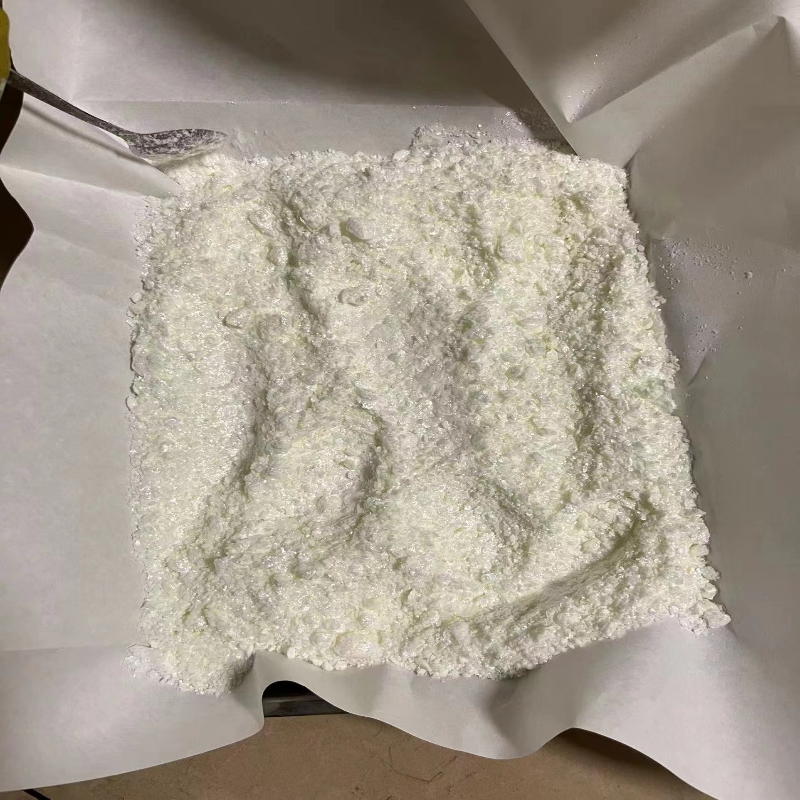-
Categories
-
Pharmaceutical Intermediates
-
Active Pharmaceutical Ingredients
-
Food Additives
- Industrial Coatings
- Agrochemicals
- Dyes and Pigments
- Surfactant
- Flavors and Fragrances
- Chemical Reagents
- Catalyst and Auxiliary
- Natural Products
- Inorganic Chemistry
-
Organic Chemistry
-
Biochemical Engineering
- Analytical Chemistry
-
Cosmetic Ingredient
- Water Treatment Chemical
-
Pharmaceutical Intermediates
Promotion
ECHEMI Mall
Wholesale
Weekly Price
Exhibition
News
-
Trade Service
Has the inflection point been reached? That's the question investors, regulators and politicians must ask themselves, according to a new report from Planet Tracker
.
In fact, the new "Breakout" report assumes that business-as-usual models for the plastics industry may be more risky than starting a transition to a sustainable strategy
.
While the plastics industry has long been an important source of employment in the EU-27 and has been a steady driver of the economy for many years, the industry's ability to compete globally is rapidly declining, suggesting the industry is ready for disruption
.
Transitioning to a more sustainable business model now is the most feasible way to avoid stranded investors' assets, the authors wrote, which is less risky and more profitable in the long run
.
The report identifies companies that can facilitate this shift – industry leaders responsible for 75% of the capacity of the entire EU plastics production supply chain and mainly clustered in the Trilateral Chemical Region, which accounts for 45% of the plastics production capacity in the EU-27
.
According to John Willis, research director at Planet Tracker, the EU plastics industry is on the brink
.
“Currently, the plastics industry model is increasingly unsustainable
.
It struggles to compete globally
.
As the threat posed by new regulatory changes grows and consumers begin to understand the impact of plastic pollution on human health, current The model appears to be a high-risk option for investors
.
"
Currently, 40 banks, brokers, insurers and investment managers provide financial backing to 87 listed companies, which account for 75% of the EU's plastics supply chain, with shares worth 678 billion euros
.
This suggests that, in theory, decision-making is highly centralized
.
However, according to analysis, in the past five years, only 9 resolutions on the introduction of new policies have been put forward at the annual general meeting, reflecting the current ambivalence towards new policies
.
Furthermore, EU investment in new production processes and facilities has so far been low, and progress towards a sustainable transition remains slow
.
Planet Tracker's analysis of 990 corporate bonds and loans issued by the world's leading plastics manufacturers found that only three were linked to reducing plastic pollution
.
The report pointed out that despite the rise in global plastic production, the economic turnover of the plastics industry in the EU-27 has been flat, recording zero growth from 2010 to 2019
.
Both the EU-27's global chemical market share and the share of plastics in EU-27 chemical sales have declined over the past 10 years
.
In contrast, China's global chemical sales increased from 609.
5 billion euros to 1,488 billion euros, and its global market share expanded from 25.
8% to 40.
6%, making it the world's leading chemical producer
.
According to the authors of the Plastic Tracker report, the Trilateral Chemical Zone may also provide answers to Europe's problems
.
The region's total economic turnover is 180 billion euros, and the chemical and plastics industries employ more than 350,000 people
.
Input from the region could pave the way for meaningful progress
.
Previously, the region issued a joint statement intending to expand its channel network, hoping to enhance the region's competitive advantage
.
However, without an effective sustainable strategy, countries in the region still face significant sovereign risks
.
For the EU's plastics industry to remain competitive on a global level, the 87 plastics companies tracked in this article need to develop and publish their business transformation strategies to achieve fully sustainable plastics production by 2025
.
Small-scale transitions have already begun thanks to several new policies, sectoral commitments, and growing consumer and investor demand
.
For plastics companies, however, now is the time to take a hard look at their business-as-usual strategies and seriously weigh the benefits of transitioning to a more circular business model
.
Equity investors, bondholders and financiers should discuss the impact of the current situation with corporate executives and their plans to maintain or improve returns in this context, while policymakers and regulators should push the plastics industry to adjust its business mode to achieve the goal of circular economy
.
As stated in the report, none of the EU companies currently actively responding to the environmental risks of the industry are the leading companies in the EU plastics production supply chain highlighted by the report
.
Therefore, further pressure to achieve sustainable transformation is crucial
.







